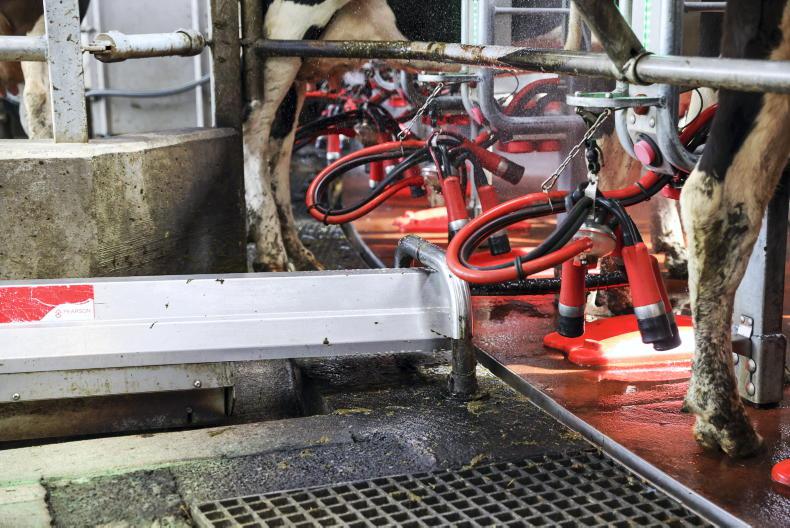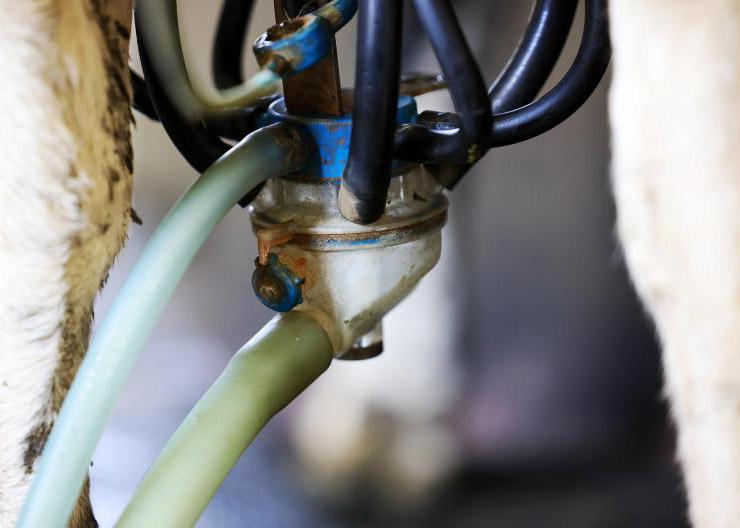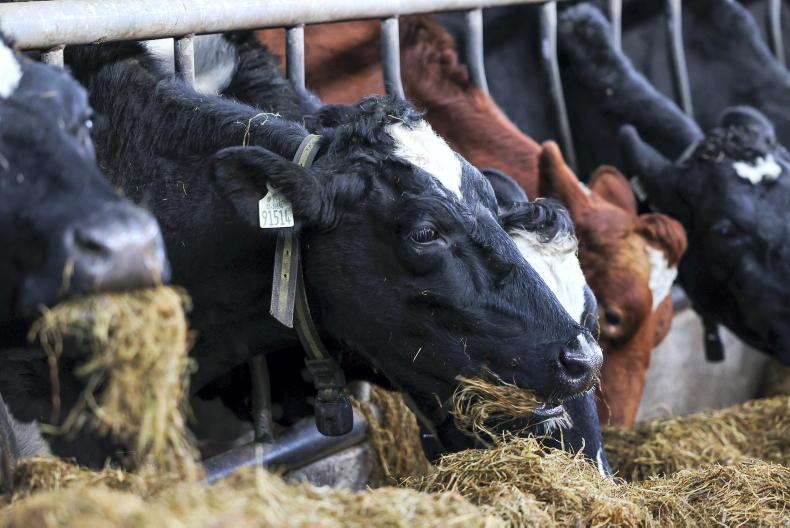The two most recent, significant ownership changes in the Irish dairy industry came about because after a large investment, both processors didn’t have enough milk to dilute a higher fixed cost structure.
In 2017, LacPatrick officially opened a new dryer and shortly after didn’t have the milk to pay the bills.
Just over the road, Lakeland had also invested, but had the milk, and subsequently in 2018, started talking to LacPatrick to make it part of it’s bigger two billion litre milk pool.
In 2021, Tipperary Co-op unveiled a significant investment in a dryer and currently is struggling to payback given the scale of the investment.
The Tipp Co-op directors and management were pinning their hopes on non-dairy business that hasn’t materialised. The Tipp Co-op and Arrabawn deal isn’t done yet, but one would imagine if Arrabawn doesn’t make a deal someone else will.
The foundations for investment were shaky in Tipperary. From processing 310m litres in 2021, Tipperary is back to processing closer to 220m litres in 2024.
Remember the new Tipperary investment took processing capacity to over 600m litres annually. Now, all of a sudden, you have a new investment running at 33% capacity.
Let’s be clear, Irish Government support and direction to milk processors and farmers has changed. The stocking rate tap has been turned down.
Currently many dairy farmers are stuck in gear until some clarity or vision is brought to the allowed stocking rate again.
So LacPatrick and Tipperary are both very visible fallouts from the investment boom and subsequent milk slow down. Another very visible and probably more significant change is the Tirlán move.
There was never any doubt about the shareholder vote outcome – the Tirlán voting machine is as effective as Fianna Fáil or Fine Gael at getting the vote out. So now what?
Tirlán directors have a core pot of €650m to invest as they wish in a new alternative business. In time, that could be leveraged to potentially invest up to €2bn.
For a second stand back from the detail or merits of any investment. Here is another Irish dairy co-op looking to potentially invest in something outside of food, maybe outside of Ireland, probably in something other than core, with money leaving the sector to be invested elsewhere.
No doubt there will be a line-up of prospectors looking for the Tirlán money.
Will any of them have a business case for Irish food in the briefcase? Probably not.
International
Yet you look around the world to China, the US, and the Middle East and there are countries investing billions and billions trying to establish home grown dairy businesses to try and protect home-produced food.
In all of these regions, local governments and farmers are investing billions in the core food industry to emulate what we do here in Ireland.
By virtue of our global location and climate, we can produce food and milk more environmentally efficiently and competitively than anywhere else in the world. Yet our farmers are not allowed. Not alone that, but they are restricted in investing in other income generators eg energy.
It’s not a level playing field. The world is passing us by in food production and already has in energy.
So what should Tirlán spend the money on? Why not the Kerry dairy business? Establish a relatively significant processor that we know needs investment. Farming and food retains the Tirlán cash pile. Irish farmers get opportunities.
Wouldn’t this be better than investing in some energy company that might be gone out of business in five years? Set aside local parish politics.
Why not invest in another or existing shared national food brand? We learned this week Ornua invests €50m per year marketing an Irish brand in North America. Yet we have at least three other Irish processors competing in the same space.
The super power food regions are playing in a different league. If we don’t box clever, no matter how good our product, we will be left behind. At the moment we are splintering as an industry.
We are paying Irish milk suppliers global prices, competing with each other locally, playing with outdated EU rules and ultimately, it’s Irish milk suppliers losing out.










SHARING OPTIONS